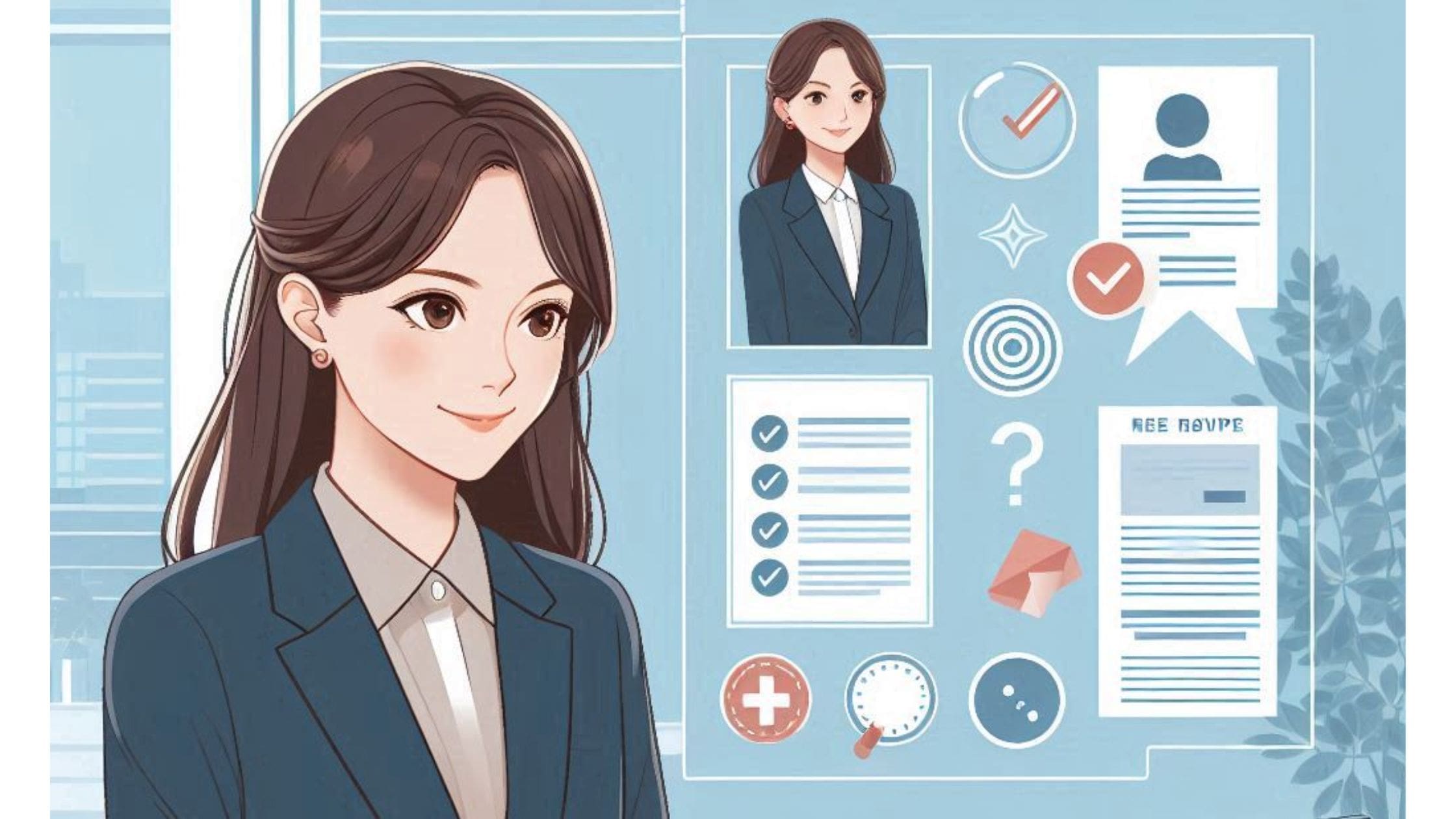 Your resume is your golden ticket to landing that dream job—it’s the first impression you make on potential employers. Crafting a stellar resume isn’t just about listing your work experience; it’s about telling your professional story in a way that grabs attention.
Your resume is your golden ticket to landing that dream job—it’s the first impression you make on potential employers. Crafting a stellar resume isn’t just about listing your work experience; it’s about telling your professional story in a way that grabs attention.
Traditionally, many job seekers have turned to the best professional resume writers for expert help. But with tools like ChatGPT gaining popularity, people are wondering: can AI replace traditional resume writing services or even a Certified Advanced Resume Writer?
In this blog, we’ll explore the advantages and drawbacks of using ChatGPT to write your resume. Plus, we’ll share real-life examples of where things went horribly wrong—and what you can learn from them.
Why Consider ChatGPT for Your Resume?
Let’s face it: writing a resume can be daunting. How do you summarize years of experience on one or two pages? This is where ChatGPT comes in—it’s fast, accessible, and surprisingly versatile.
-
Save Time and Beat Writer’s Block
Job hunting is stressful, and time is often of the essence. ChatGPT can churn out a solid draft in minutes, giving you a head start.
Need inspiration? It can generate bullet points tailored to your role.
Stuck on phrasing? It provides ideas that can help overcome writer’s block.
-
A Toolbox of Styles and Templates
ChatGPT is like a Swiss Army knife for resume formats:
It can adapt your resume for different industries, whether you’re applying for a creative role or a corporate position.
With the right prompts, it can optimize your resume for Applicant Tracking Systems (ATS) by incorporating industry-relevant keywords.
When ChatGPT Gets It Wrong
As helpful as ChatGPT can be, relying solely on it for your resume has its pitfalls. Remember, this tool is only as good as the input it receives—and it’s far from perfect.
-
Risk of Generic Content
One major downside is that ChatGPT doesn’t know you. It can easily generate a resume that looks polished but feels bland, missing the personal touch that sets you apart.
-
Mismatched Formatting
AI doesn’t always nail the nuances of professional formatting. For example, a flashy design might work for a graphic designer but could alienate recruiters in more traditional fields.
-
Accuracy Isn’t Guaranteed
ChatGPT might misrepresent your skills or make up achievements if you don’t give it clear instructions. Without careful review, these mistakes could cost you opportunities—or worse, your reputation.
Real-Life ChatGPT Resume Fails
Here are some cautionary tales from job seekers who learned the hard way that AI isn’t foolproof:
-
The “Keyword Overload” Resume
A marketing professional tried using ChatGPT to optimize their resume for ATS systems. The tool stuffed the resume with irrelevant keywords like “SEO strategy” and “PPC campaigns,” which weren’t part of their actual experience.
What Happened: During the interview, the hiring manager called them out for exaggerating their skills, ruining their credibility.
Takeaway: Keywords are essential, but they must align with your real experience.
-
The “Generic Copy-Paste” Disaster
A recent college grad used ChatGPT to create a software developer resume. Instead of highlighting specific projects, the AI churned out generic phrases like “Utilized programming languages to create applications.”
What Happened: Their resume was indistinguishable from others, leading to rejection after rejection.
Takeaway: Specific details about tools, projects, and outcomes make a resume memorable.
-
The “Wrong Format for the Job” Fiasco
An executive-level job seeker let ChatGPT format their resume in an overly creative style, complete with bold colors and fancy fonts.
What Happened: Their resume was instantly dismissed by conservative hiring teams who expected a traditional format.
Takeaway: Match your resume’s design to the role and industry you’re targeting.
- The “Fictional Achievements” Blunder
A healthcare professional asked ChatGPT to “make their resume stand out.” The AI added impressive (but fictional) accomplishments like “Implemented AI tools for patient care.”
What Happened: They landed the job but were quickly fired when it became clear they couldn’t deliver on the false claims.
Takeaway: Never let AI fabricate your experience. Honesty is non-negotiable.
-
The “Grammar Gone Wrong” Resume
An international candidate used ChatGPT to draft their resume but didn’t proofread. It included awkward phrases like “I has managed projects” and spelling errors.
What Happened: Recruiters saw the mistakes as a lack of attention to detail and rejected the application.
Takeaway: Always proofread AI-generated content to avoid embarrassing mistakes.
Should You Trust ChatGPT with Your Resume?
The Good
- It’s fast and can provide a great starting point.
- It’s versatile, offering styles and keywords that align with ATS requirements.
- It’s great for brainstorming and overcoming writer’s block.
The Bad
- It lacks the personal touch that a Certified Advanced Resume Writer or other resume writing services provide.
- It can produce errors or inaccuracies that damage your credibility.
- It doesn’t always understand industry-specific nuances or expectations.
Finding the Balance
So, what’s the verdict? ChatGPT is a fantastic tool for drafting ideas, but it shouldn’t replace professional expertise or your own critical input.
For the Best Results:
- Use ChatGPT to create a draft, then refine it yourself.
- Invest in resume writing services or consult with the best professional resume writers for a polished, customized result.
- Always proofread and fact-check AI-generated resumes to ensure accuracy.
Final Thoughts
Your resume is more than just a document—it’s your personal brand. While ChatGPT can save time and offer valuable assistance, it can’t replicate the nuanced, tailored approach of a Certified Advanced Resume Writer.
For a winning resume, balance the convenience of AI with the expertise of professional resume services. That way, you’ll stand out for all the right reasons—and avoid becoming the next ChatGPT resume cautionary tale.






Leave A Comment